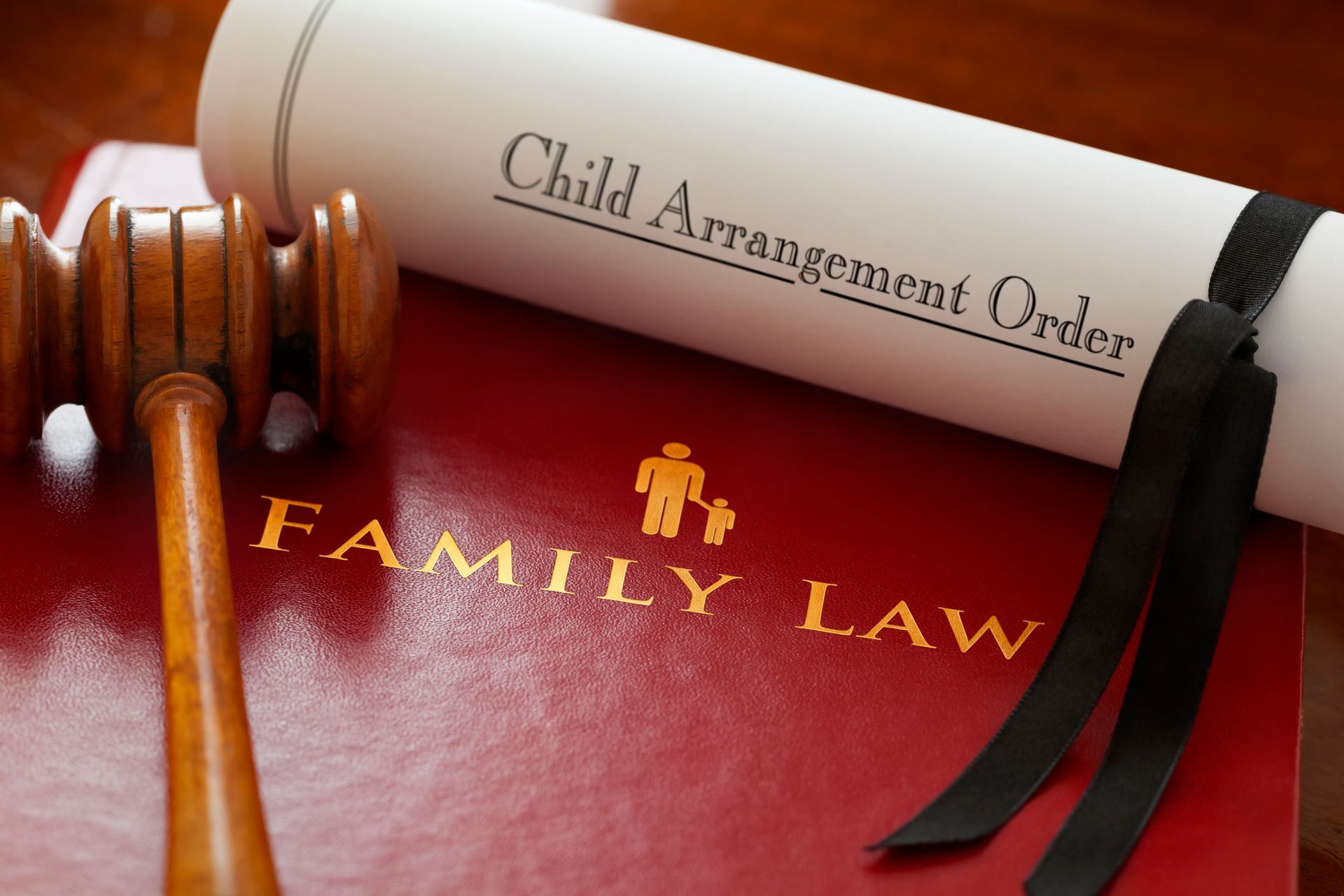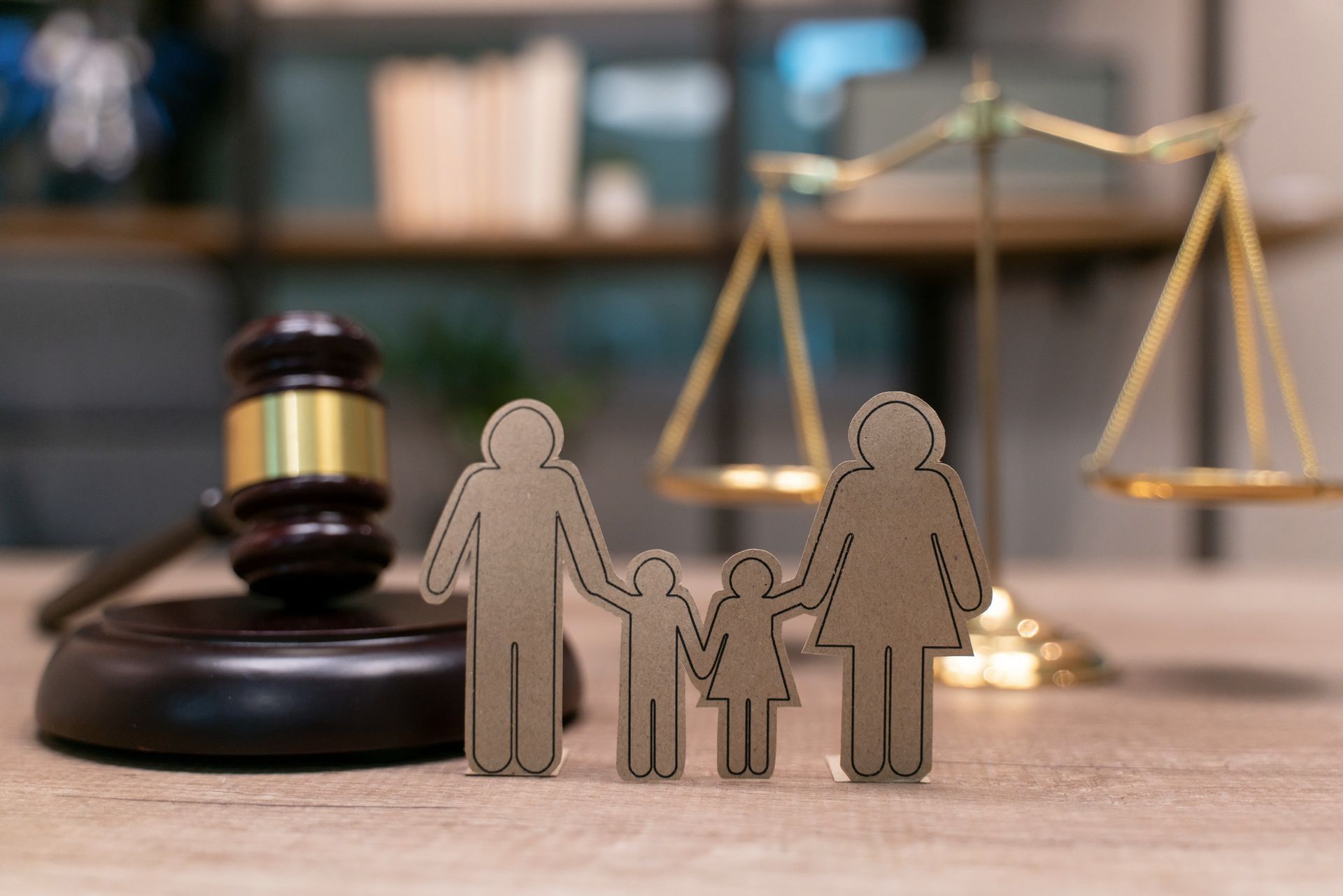5 Reasons a Juvenile May End a Guardianship

When parents are not in the picture for a child, a family court may go through many legal paths to offer support and options for a child's life. Besides straight-up adoption, a child may get assigned a guardianship. Typically, another family member or a close family friend will take the role of a guardian and provide support for a child.
While many guardianship cases go smoothly, a child may seek an end to a guardianship for several reasons. Learn some of the more common ways a juvenile may seek an end to a guardianship and how an experienced attorney can help with the case.
1. Reached Adult Age
When a child turns 18, guardianships do not just end automatically, but the adult age provides one of the main reasons to terminate the role of a guardian. Upon a child's eighteenth birthday, a lawyer will petition the courts to end the guardianship based on an adult age. While the process typically goes smoothly, a guardian could contest the process.
A guardian may seek to maintain the role for several reasons. The guardianship could include a whole estate the child was included with or a guardian may feel like a child is not mentally fit enough to make financial and medical decisions on their own. If the guardian petitions to keep control, then the child can seek lawyers to help with the termination.
Every case differs, but a lawyer will likely have multiple doctors provide independent evaluations of the child to determine their mental and physical capabilities. The age factor will make a big impact on the case, along with the doctor's letters. Ultimately, a family court judge will have the final say on the matter and possibly grant the termination of guardianship.
2. Adoption
One person may serve as a child's guardian while another family fosters the child. If a foster family decides to adopt a child, then there will be no need for a guardian anymore. The termination of the guardianship will continue as the adoption process goes through. Anyone who adopts a child will receive the same rights as a guardian would.
The new parents have the right to make medical and financial decisions, so someone else positioned as the guardian would be redundant and could lead to decision-making issues in the future. In some cases, a guardian may dispute the adoption or attempt to stay on as the guardian.
A lawyer would help terminate the guardianship, showcase the adoption process, and help grant all rights to the adoptive parents. The process should typically go smoothly and would probably include the testimony of a child and their interest in the adoption.
3. Transfer of Guardianship
When adoption is not on the table, a case could come about where a guardianship gets transferred to another person. The transfer of guardianship could occur for a wide range of reasons.
For instance, the current guardian could have their own health issues and be unable to provide the proper decision-making. The current guardian may have passed away and a new guardian will need to supply the medical and financial decisions.
It may also be that the guardian does not have the best interest in the child and a judge may need to transfer the guardianship over to someone else. For example, if an estate was connected to a child, a guardian could have misused funds.
A lawyer would help compile evidence against an unfit guardian and petition the courts for removal. In some cases, a lawyer may seek an expedited case based on various circumstances.
4. Parents
If a child was placed into the foster care system based on parental actions, things could change for the better over time. For example, a parent may have spent time in jail or rehab. Once their sentence is complete, the parents may seek full custody of the child again.
When a parent achieves full custody, they may seek to end the guardianship and gain control over certain decisions.
Parents often have an uphill battle in regaining these rights for their children and a lawyer can help them navigate through the process. A lawyer could help with each step and give advice on ways parents can bolster their case to help things go their way.
5. Relocation
A guardianship is recognized on a state-by-state basis. If a child relocates to another state, then the same rules and rights of a guardian may not apply. When a child moves, the guardianship is not automatically transferred to a new state. A lawyer can help a family establish a new guardianship and terminate the guardianship in another state.
If you do not terminate the other guardianship, you could run into legal problems down the line. The process typically involves only paperwork, especially if the same guardian plans to stay on through the interstate move.
For more information on guardianships, contact us at Hart Law Offices, PC. Our expert staff has years of guardianship experience and can help a child terminate guardianship for any of the reasons above.


















